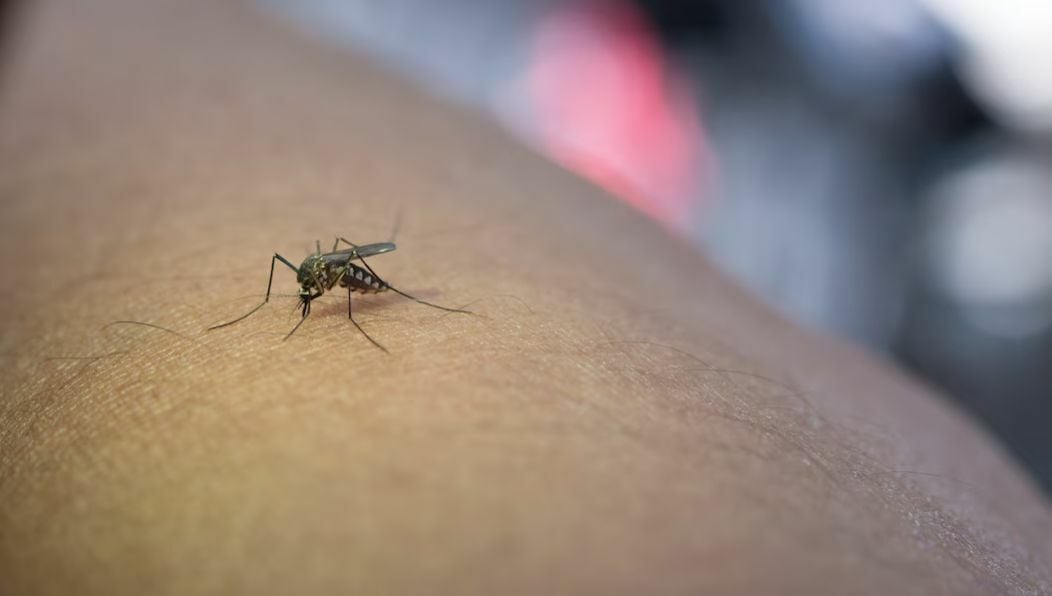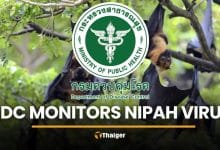Malaria on rise in Thailand: Tak province tackles ticklish trouble

Thailand’s Department of Disease Control (DDC) reports a surge in malaria cases, notably in the Tak province, where the majority of the 2,913 infections have been identified since January.
Other areas affected include Mae Hong Son, Kanchana Buri, Ranong, and Prachuap Khiri Khan, with 60% of the patients being foreigners, as per the department’s data.
The DDC Chief, Thongchai Keeratihuttayakorn, confirmed yesterday that the spike in malaria cases, particularly in the western border provinces, has led to a meticulous monitoring of the situation and the formulation of an action plan to combat it.
Health officials along the border have been advised to remain vigilant against infections as early detection and prompt necessary medical treatment in efforts to curb further transmission.
Drawing from 2022 World Health Organization (WHO) data, 249 million malaria cases were reported worldwide, resulting in 608,000 deaths across 85 countries.
In response to this, Thailand looked to intensify their 2017 to 2026 strategic plan to eradicate the disease, collaborating closely with USAID, the WHO, and the Asia Pacific Leaders Malaria Alliance.
At present, 49 provinces in Thailand are deemed malaria-free.
On World Malaria Day yesterday, April 25, USAID Mission Director Steve G Olive applauded Thailand’s efforts in controlling the disease.
He hailed the government’s real-time monitoring of the malaria situation, which aids in early detection and swift medical intervention.
Dr Thongchai elaborated on the DDC’s 1-3-7 preventive plan where a warning is issued within a day of identifying a case, the source is pinpointed within three days, and a proactive plan to prevent further transmission is put into action within seven days.
A department official revealed that marsh mosquitoes, typically found in mountain forests, rubber plantations, and near natural water sources, are the carriers of malaria, as reported by Bangkok Post.
Consequently, individuals residing in high-risk areas, and tourists spending the night in mountain forests, are advised to safeguard themselves from mosquito bites, particularly between dusk and dawn.
Anyone exhibiting symptoms such as fever, headache, or chills must immediately seek medical attention. These symptoms should be monitored for a period of 10 to 14 days, added the official.
Latest Thailand News
Follow The Thaiger on Google News:


























